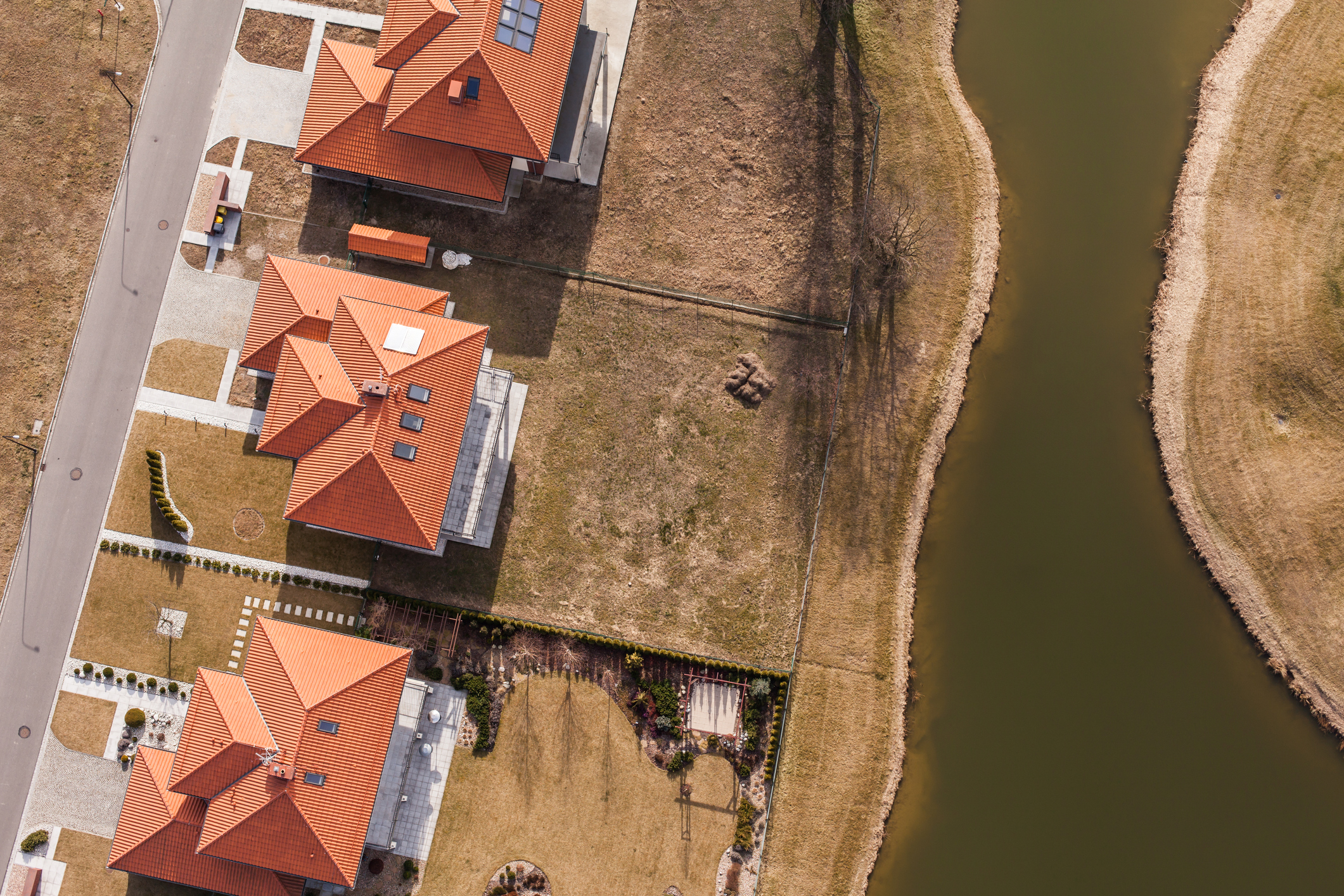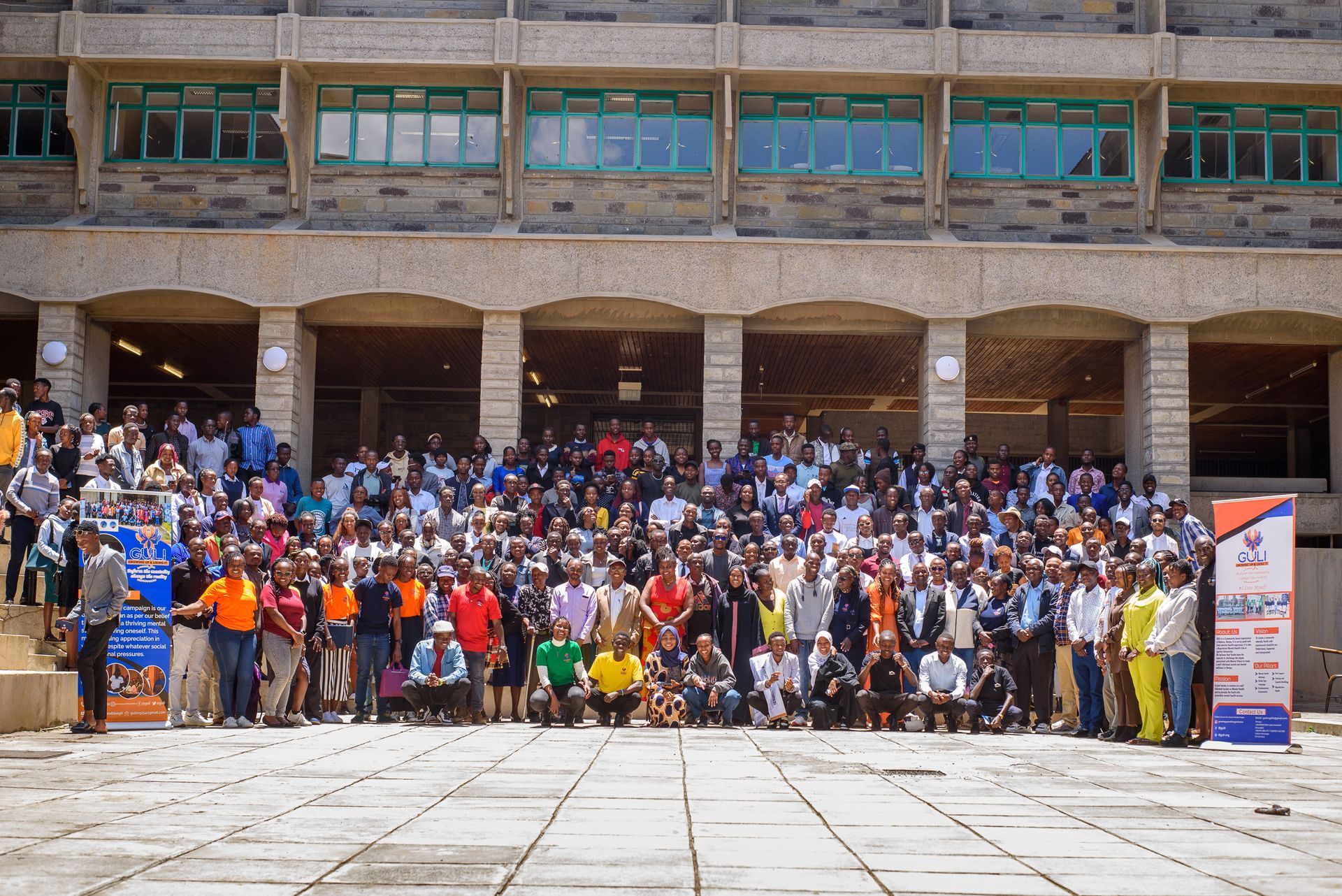Domestic abuse under lockdown: the crisis we could have foreseen.
The UK saw it. There, written on the back of newscaster Victoria Derbyshire’s hand, was the number for the National Domestic Abuse hotline. Soon, everyone was talking about it, from the UK to the USA, everyone wanted to report on it. Celebrities and Governments alike filled their social media pages with the latest statistics, the best helplines and their predictions of how COVID-19 was going to affect the already worrying numbers of victims.
So just how will it affect people?
According to BBC News and the National Abuse Helpline, there was more than a 25% increase in calls for help in the first two weeks when the UK went into lockdown , with numbers set to rise throughout the duration of our quarantine. Victims have reported their abusive partners being “even more intolerable” now that they are confined and forced into what is an already tense and frustrating situation. Thankfully, the UK Government has offered an immediate £2 million campaign to help support this increase in cases due to the COVID-19 lockdown of the country.
But the UK is not alone in this. Worldwide there have been reports of more violence, more serious abuse cases and an increase of those at risk . Spain has seen an 18% increase in calls for aid, and France has seen a massive 30% increase. It has become so prominent a problem, one that the UN has suggested that all governments take urgent action to combat the expected domestic violence increase . Experts are worried however, that governments worldwide have not acted fast enough, and that there will undoubtedly be a spike in “intimate terrorism” cases across the globe. This is a sad result of, once again, governments not learning from those countries who are a few months ahead of Europe in this disaster. For example, both China and Italy, two countries that were struck early, had severe numbers of domestic abuse claims. As a result, America has declared that people suffering abuse may “disregard” the lockdown orders if they do not feel safe at home. Whilst this is a gallant effort to stop the spike in cases that Europe seemed to fail at stopping, it does then beg the question of the safety of numbers of victims suddenly breaking quarantines. Unless they have extended family to stay with, where are these refugees going to be housed safely during this time of crisis?
Sadly this is not an eventuality that the world seemed equipped to deal with. There is hope in the number of domestic abuse helplines and charities cropping up, however the priority now lies with finding a safe, hygienic haven for these people in times of need - we need to make sure they aren't escaping one problem to jump straight into another.
If you are in distress and need support during this time, please check our crisis page which has a range of country-specific mental health resources.

Help Us Build a Brighter Future of Mental Health
GenMH is building a generation of mental health advocates, researchers and innovators that represent the communities they serve.
To help us on this journey:
All Rights Reserved | Generation Mental Health Association


